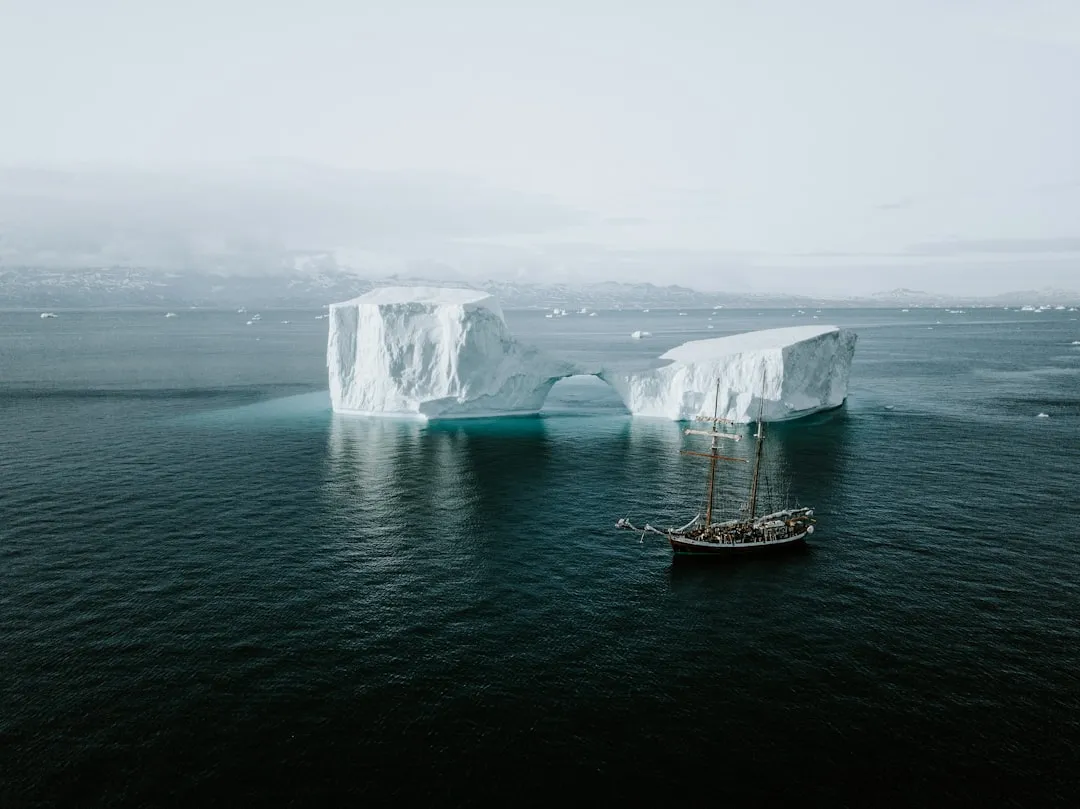The UK is enhancing Arctic security with AI to counter rising threats from hostile states amid geopolitical tensions.
AI deployment signals a new era in Arctic defense strategy.
The UK is set to transform Arctic security through AI technology amidst rising geopolitical tensions.
Geopolitical Landscape of the Arctic
The Arctic is no longer just a frozen expanse; it has become a pivotal arena for geopolitical competition. As global warming alters the landscape, previously inaccessible resources are now up for grabs, enticing nations with promises of untapped gas, oil, and minerals. The UK, recognizing the strategic importance of the High North, is deploying advanced technologies, particularly artificial intelligence, to bolster its security measures in this changing environment.
Foreign Secretary David Lammy recently stated, “The Arctic is becoming an increasingly important frontier for geopolitical competition and trade, and a key flank for European and UK security.” These words underscore the UK’s commitment to maintaining stability in the region, which is intricately linked to its national security. With rising threats from hostile states, particularly Russia, the time for proactive measures is now.
The Role of AI in Arctic Defense
Artificial intelligence stands at the forefront of the UK’s new strategy for Arctic security. By leveraging AI technologies, the UK aims to enhance its monitoring capabilities against hostile activities in the region. This initiative was highlighted during Lammy’s visit to Iceland, where a tech partnership was unveiled to utilize AI in tracking and analyzing threats effectively.
The implementation of AI systems allows for real-time data processing and anomaly detection, significantly improving response times to potential threats. As the Arctic’s geopolitical dynamics evolve, these advanced tools will be essential for ensuring maritime security and safeguarding critical infrastructure, such as undersea cables that the UK and Europe rely upon.
International Collaboration and Joint Operations
The UK’s defense strategy in the Arctic is heavily reliant on collaboration with allies, particularly Norway and Iceland. Joint naval patrols have become a critical component of these efforts, providing a united front against potential incursions by Russia’s formidable Northern Fleet. Such partnerships not only enhance operational capabilities but also foster a spirit of collective security among NATO allies.
During recent engagements, British and Norwegian naval vessels have worked together to detect and deter threats in the region. These missions are crucial, as they help manage the increasing subsea risks that threaten energy supplies and national infrastructure. With the Arctic becoming a focal point for geopolitical tensions, these collaborative efforts are more important than ever.
Challenges Posed by Hostile Forces
The presence of Russia in the Arctic complicates the security landscape significantly. Putin’s fleet of nuclear-powered icebreakers plays a vital role in expanding Russia’s influence in the region, facilitating access to resources while simultaneously threatening maritime security. The operations of these vessels are not just a demonstration of military might; they also pose risks to the fragile Arctic environment.
Reports indicate that many of these Russian vessels are aging and prone to breakdowns, which raises the specter of ecological disasters, such as oil spills. The UK’s proactive stance, utilizing AI for monitoring, aims to mitigate such risks by enhancing surveillance and response capabilities in the face of these challenges.
Long-term Implications for UK Defense Policy
The strategic deployment of AI in Arctic security is part of a broader enhancement of the UK’s defense posture. Earlier this year, the Prime Minister announced a significant increase in defense spending, aiming to elevate expenditure to 2.5% of GDP by April 2027, with aspirations to reach 3% thereafter. This funding boost signals a commitment to tackle the evolving security landscape effectively.
Furthermore, the recent Security and Defence Partnership with the EU highlights the UK’s recognition of the interconnectedness of security, climate action, and international cooperation. As threats in the Arctic evolve, so too must the strategies employed to counteract them, making AI not just an upgrade but a necessity in modern defense.

